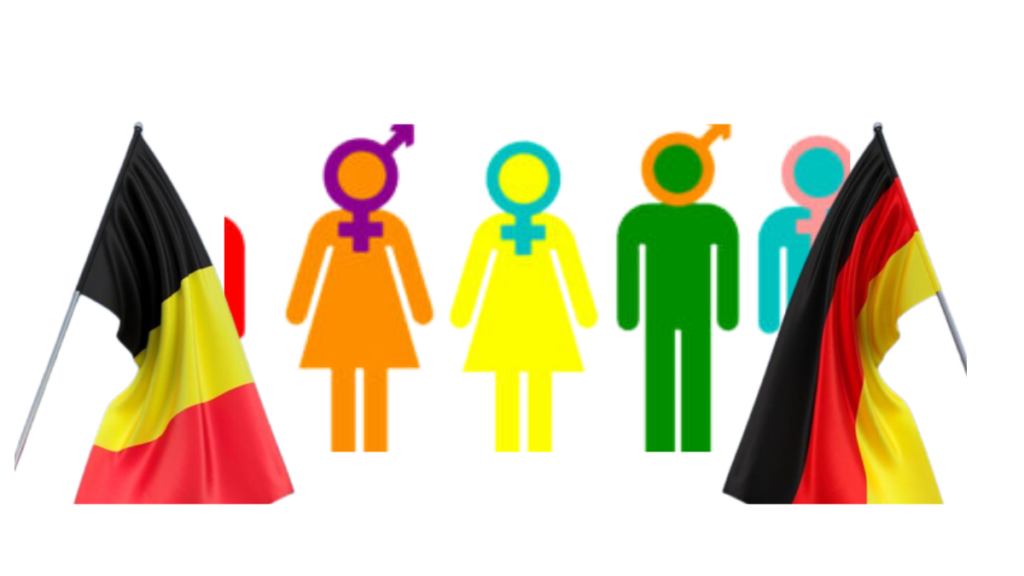Not heeding the warnings and alarming research of Scandinavian countries, most recently Norway, which have demanded (successfully) that their governments prevent cruel experimentation on children with puberty-blocking hormone drugs, which is spreading as a result of transgender ideology, several European countries are continuing the trans madness and are willing to destroy everything in the process.
On 24 March, the Belgian Council of Ministers approved the first phase of the 25 June 2017 reform of the “transgender law,” in response to comments from the Constitutional Court, which had annulled several provisions of the law. Justice Minister Vincent Van Quickenborne announced the abolition of the principle of irrevocability and the procedure before the family court. It will then be possible to change gender and name several times and change the registration with the registrar by following the same procedure as the first change at the municipal registry of residence. At this first stage, the principle of irrevocability and the procedure before the family court will be abolished, Justice Minister Vincent Van Quickenborne announced in a press release.
What does it mean that the principle of irrevocability will be abolished? It means that people will be able to change their gender and name several times. The procedure before the family court will also be abolished. It will then still be possible to change the sex or name registration with the registrar, following the same simple procedure as with the first change. Next, the second phase of reform will address the possibility of recognition for people with non-binary identities. The Constitutional Court ruled that the absence of this possibility violates the principle of equality for those who cannot be classified as “male” or “female.” “It is important that the rights of transgender people are respected and that they can change their sex registration according to their gender identity, without unnecessary or complex procedures. The Constitutional Court rightly pointed out that the original law was insufficient in this area. Now we want to remedy this with this bill, so that transgender people are recognized for who they are,” the Minister said in a statement.
The sex change procedure is also expected to be simplified in Germany with the adoption of a “self-determination law.” If the text is approved, the sex change in marital status can be implemented after a three-month reflection period. A person who has obtained a change in marital status may make a new application, but after one year. For those under the age of 14, the procedure will be initiated by parents or guardians. After the child reaches the age of 14, they may challenge the child’s application, but the decision will be up to the court. “As the Social Democratic Party (ruling) parliamentary group, we welcome the fact that the self-determination law is finally moving forward,” Jan Plobner, the Social Democratic Party’s spokesman for transgender issues in the Bundestag, told AFP. Under the agreement, revealed by the Sueddeutsche Zeitung newspaper, in the future the only thing that transgender, intersex and non-binary people will have to self-declare is whether they wish to change their name or gender notation in the civil registry.
